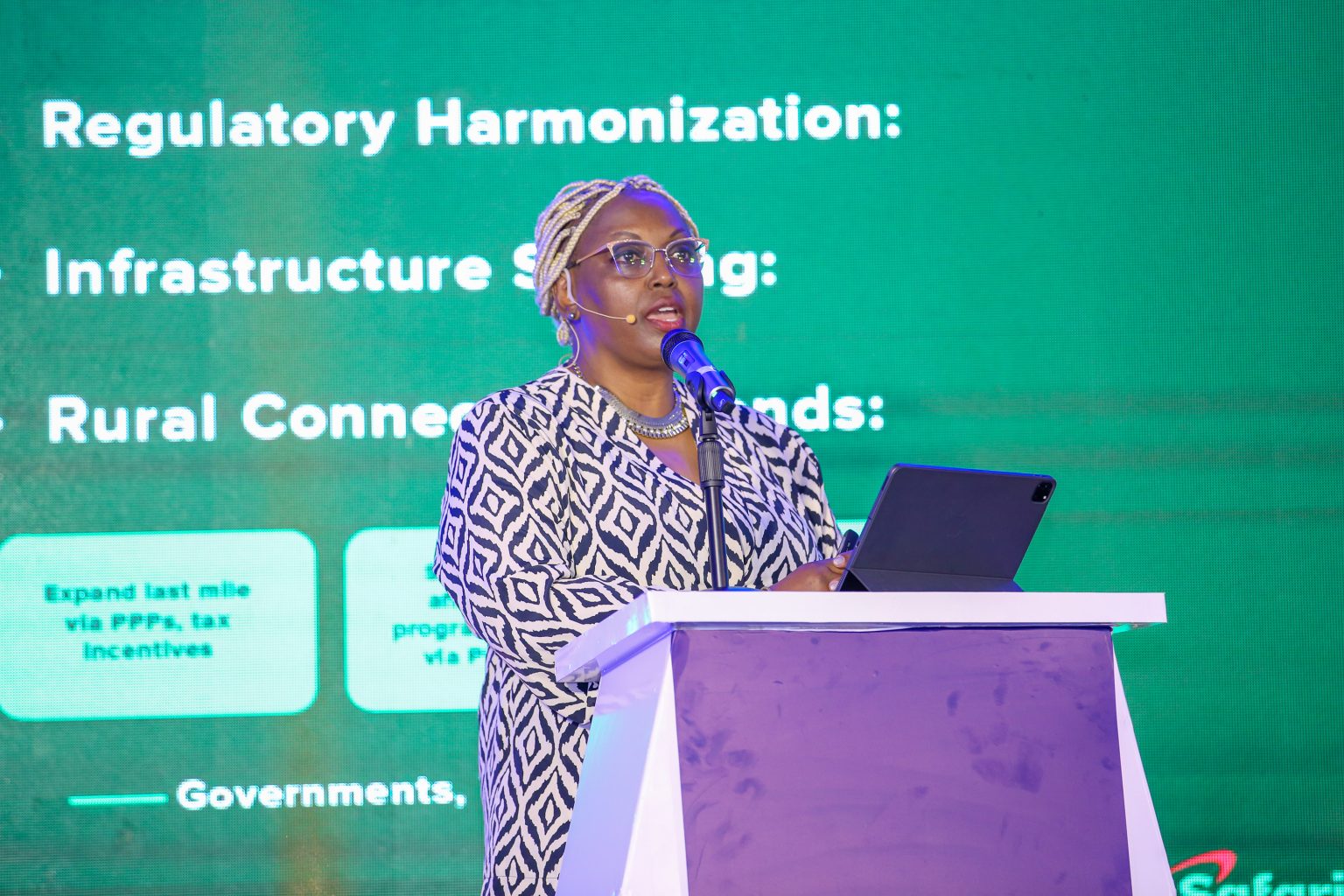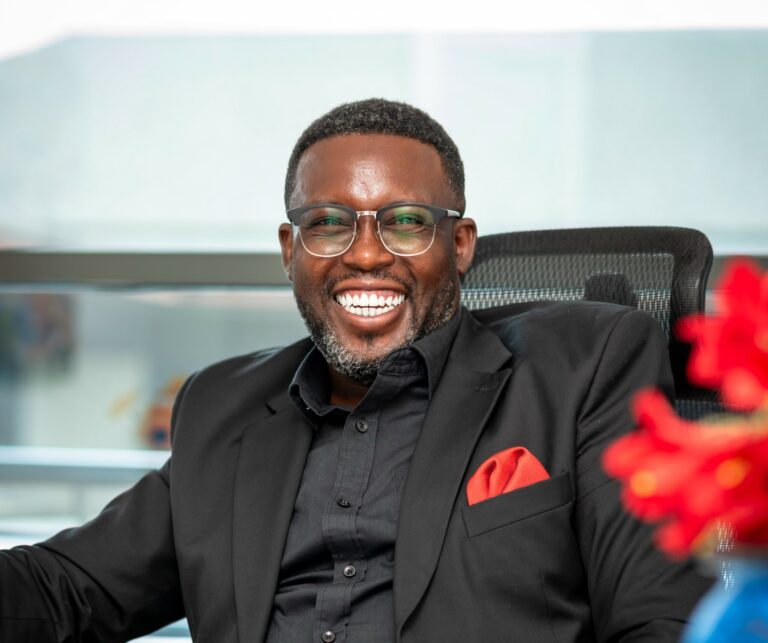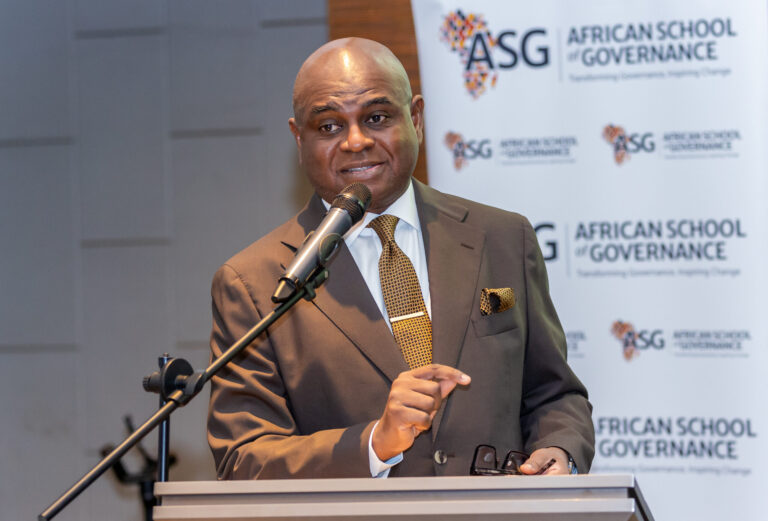Safaricom Unveils $500M AI Strategy
Cynthia Kropac(R) Chief Enterprise Business Officer Safaricom PLC [Photo: Courtesy]
Safaricom is investing $500 million over the next three years to develop artificial intelligence infrastructure across East Africa, marking a significant pivot from its traditional connectivity business to computational power. The move includes deploying AI-ready data centres, cloud platforms, and developer ecosystems to serve both startups and enterprises.
Unveiled during the Connected Africa Summit 2025 in Diani, the announcement underscores the telco’s ambition to position Africa as a key player in the global AI landscape. “Africa has an opportunity to define its own AI destiny,” said Cynthia Kropac, Chief Enterprise Business Officer at Safaricom. “We must move beyond being passive consumers of AI technologies.”
The investment will target sectors such as agriculture, healthcare, and financial services, with a focus on enabling local developers to build context-relevant solutions. Safaricom has already upskilled 5,000 employees in AI fundamentals, recognizing that infrastructure alone is insufficient to drive transformation.
Critics, however, have voiced concerns about the risk of the project becoming another siloed telco initiative. In response, Kropac emphasized Safaricom’s commitment to opening the ecosystem through partnerships with universities and regulators.
The initiative arrives amid projections that Africa’s digital economy could grow to $712 billion by 2050. But without robust AI infrastructure, the continent risks remaining a tenant in digital systems shaped elsewhere. “The question is not whether the world is ready,” Kropac noted. “The real question is: Are we ready to write Africa’s AI story?”
Hosted at the Diamonds Leisure Beach & Golf Resort, the Connected Africa Summit has attracted over 2,000 delegates from across the continent. Organized by Kenya’s Ministry of Information, Communications, and the Digital Economy, in partnership with the ICT Authority, the summit brings together leaders from government, business, academia, and development sectors to shape Africa’s digital future.







